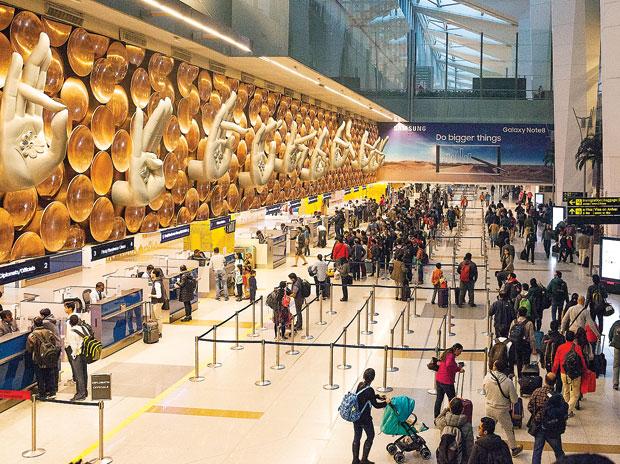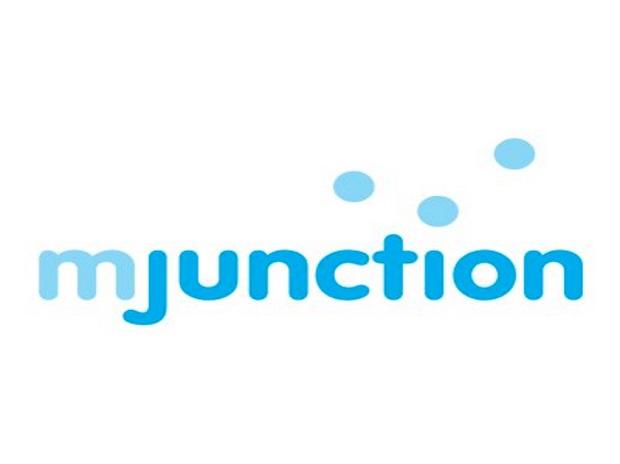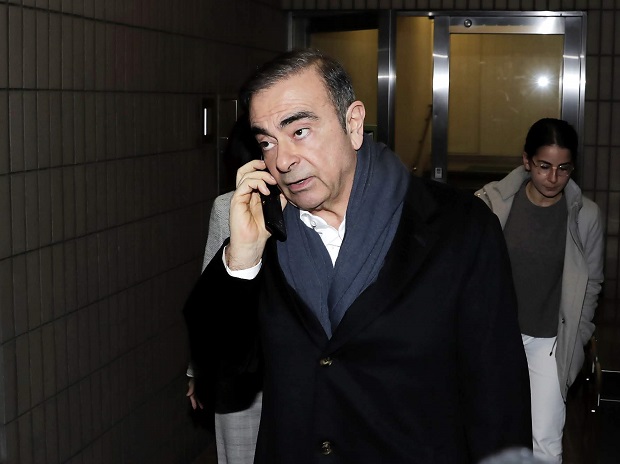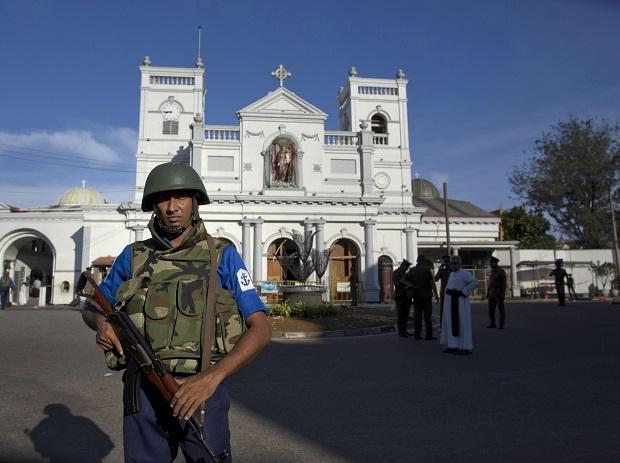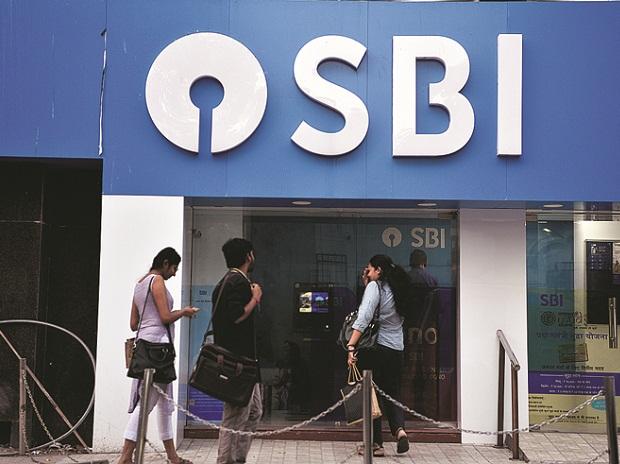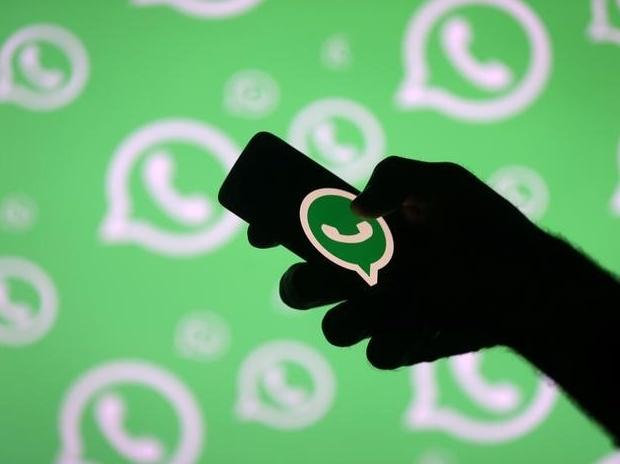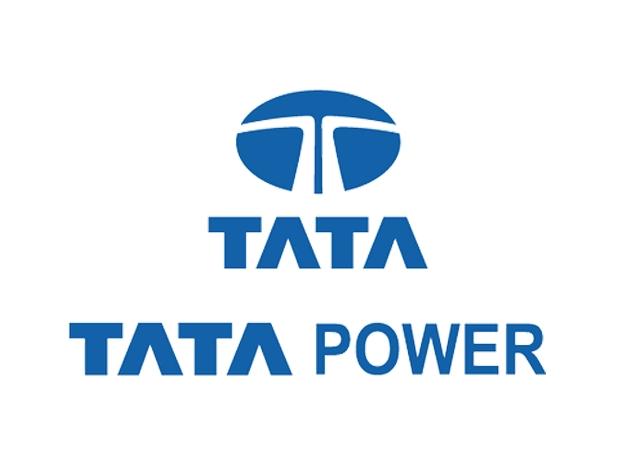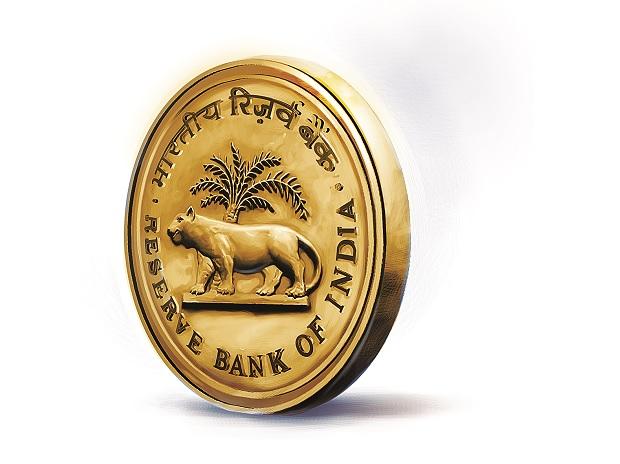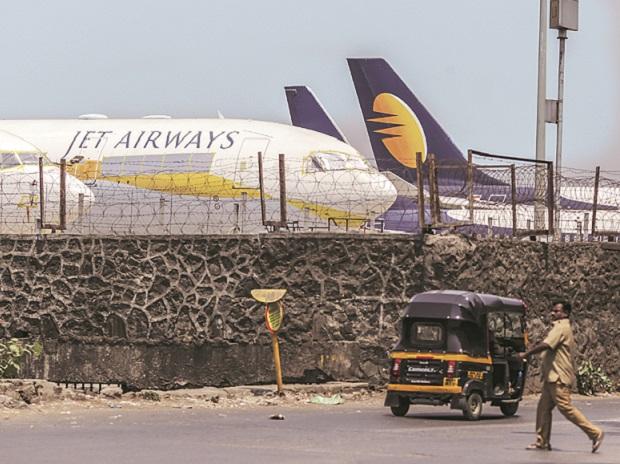
Current Affairs
China’s growing technological prowess in areas such as artificial intelligence is making Washington very nervous. US efforts to fight back, though, could make the problem worse.In US policy circles, suspicion of China is starting to resemble a new Red Scare. Universities are heightening scrutiny of research proposals from China and, in some cases, restricting collaboration. Chinese scientists’ visas are being delayed for conferences and exchanges. Visas for Chinese graduate students studying topics such as robotics or advanced manufacturing have been shortened to one year from five.
Last week, the M.D. Anderson Cancer Center in Houston kicked out three senior researchers of Chinese ethnicity after the US National Institutes of Health said they had potentially violated disclosure and confidentiality rules. Workers at various technology companies have been charged with stealing trade secrets in recent months.
More formal rules are coming. After President Donald Trump signed the Export Control Reform Act last year, the US put in place new policies to restrict Chinese investment in American high-tech companies. It also began a process of reexamining export controls on sensitive “emerging and foundational” technologies. That process is nearly complete: The Commerce Department’s Bureau of Industry and Security is holding seminars over the next few months to help companies understand how to comply with the tighter restrictions.
While the details are still murky, one thing is clear about the new rules: Like the old ones, they’ll apply not just to hardware shipped overseas, or even software and algorithms. They will cover individuals and ideas as well.The disclosure of proprietary information or controlled information to a foreign national, even within the US, triggers the need for an export review process...Read More



